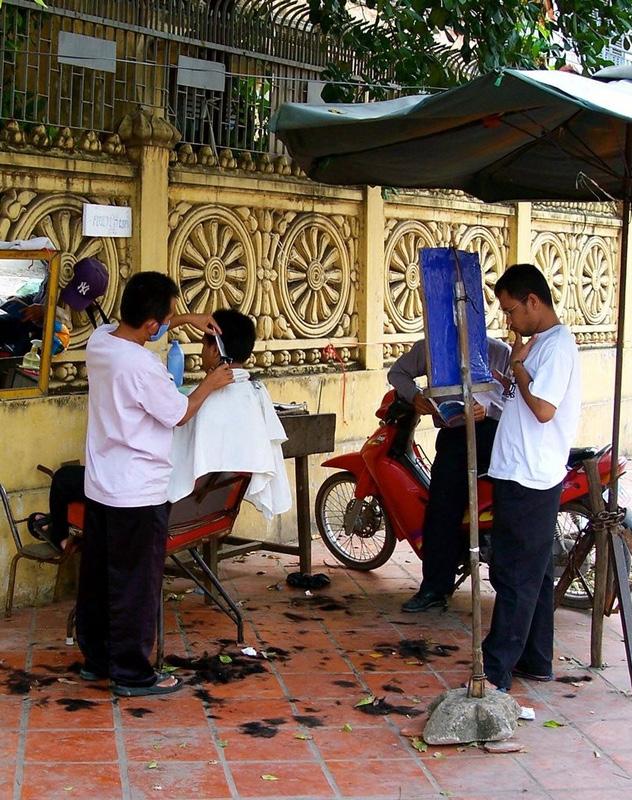
1 minute read
examine ‘Everyday resilience’
(Hawken,
Sunindijo,Sanderson, 2020)
Advertisement
Students investigate ‘everyday’ challenges faced by street users and the ‘bottom-up’ mechanisms employed to cope with often dynamic contingencies. Such adaptive mechanisms are often described as fitting within the realm of urban informality however this course aims to examine formality/informality as non-binary and interconnected. In “the domain of lived experience, everyday struggle, routine, and organisation, the informal does not exist in isolation from the formal city: they are blurred” (Simone 2005). Schröder and Waibel (2012) discuss how informality can contribute to formal institutions “by organising social interaction in the absence of the state... for example, during rapid urban development”. Given the short timeframe of this course, the major focus is on physical, “place-based adaptations” (Hawken, Sunindijo, Sanderson, 2020) that tend to be more explicit through field observation and short dialogue. Students employ bottom-up, local scale ways of understanding (Hamdi 2004) and their observations of the street environment have highlighted categories of place-based adaptations as tending to be: economically driven (supporting livelihood), socially driven (supporting peoplepeople relationships), culturally driven (supporting self and collective identity), climatically driven (protection from environmental exposure), and security driven (protection from crime-based activity).
Hamdi, N. (2004), “Small change”, About the Art of Practice and the Limits of Planning in Cities, Earthscan, London.
Hawken, S., Sunindijo, R. Y., & Sanderson, D. (2020). Narratives of everyday resilience: lessons from an urban kampung community in Surabaya, Indonesia. International Journal of Disaster Resilience in the Built Environment.
Simone, A. 2008. The politics of the possible: making urban life in Phnom Penh. Journal of Tropical Geography, 29, 186-204.
Schröder, F. and Waibel M. (2012) Urban Governance and Informality in China: Investigating Economic Restructuring in Guangzhou. Zeitschrift für Wirtschaftsgeographie, 56(1/2), 97-112.
SOURCE: AESTA1, HTTPS://WWW.GOGLOBALTODAY.COM/THE-STREETS-OF-PHNOM-PENH.HTML










